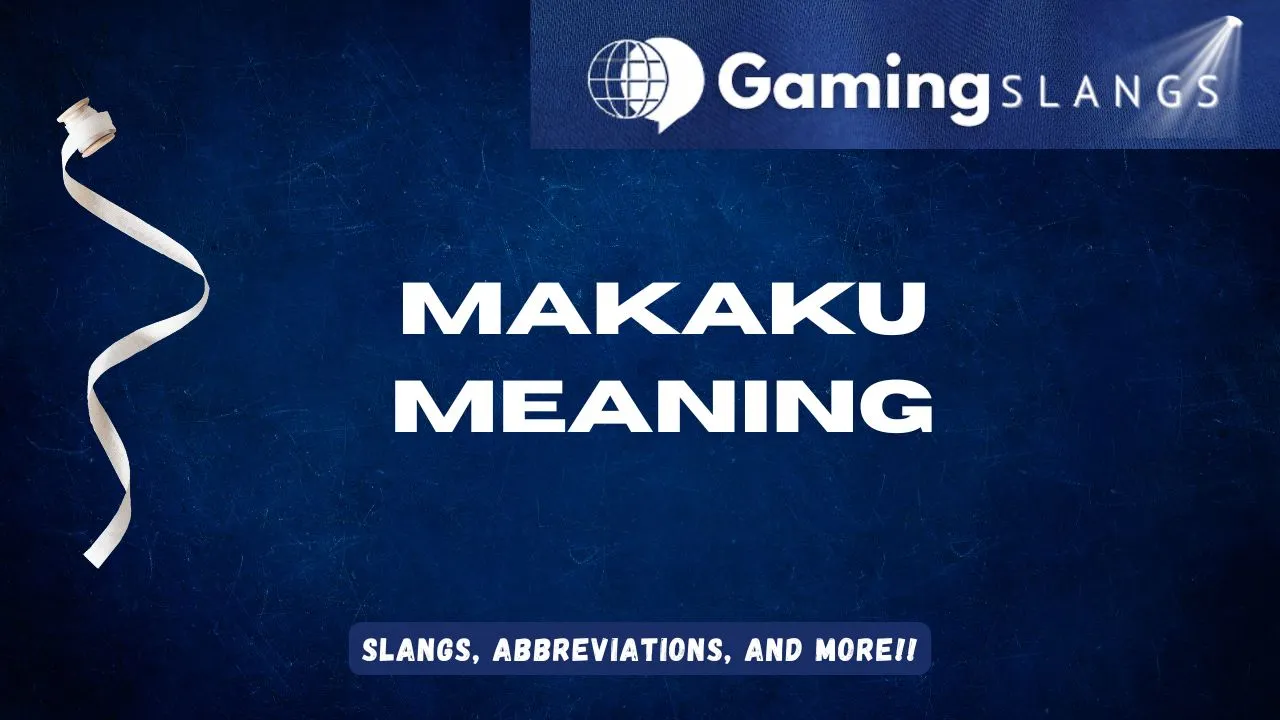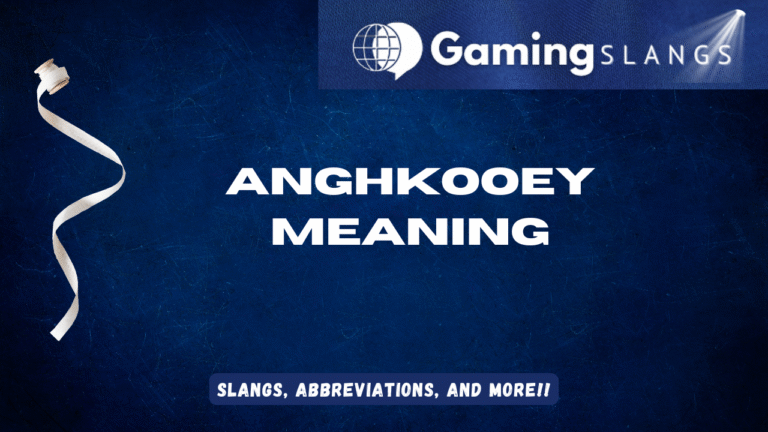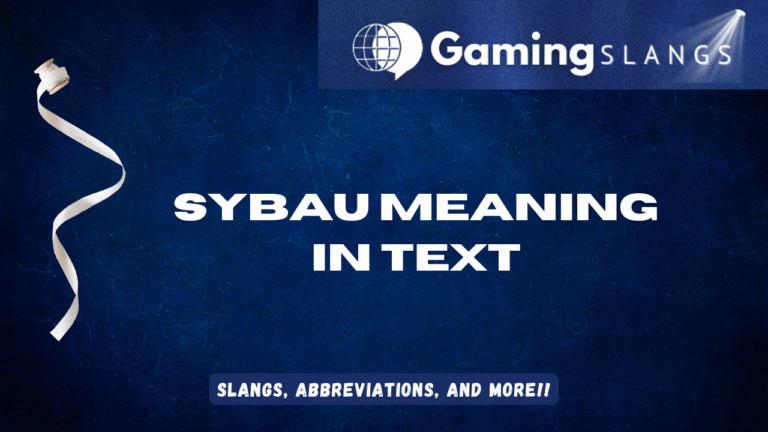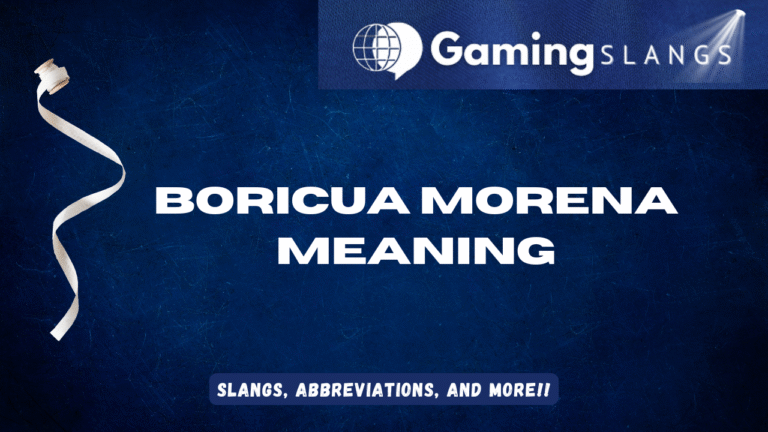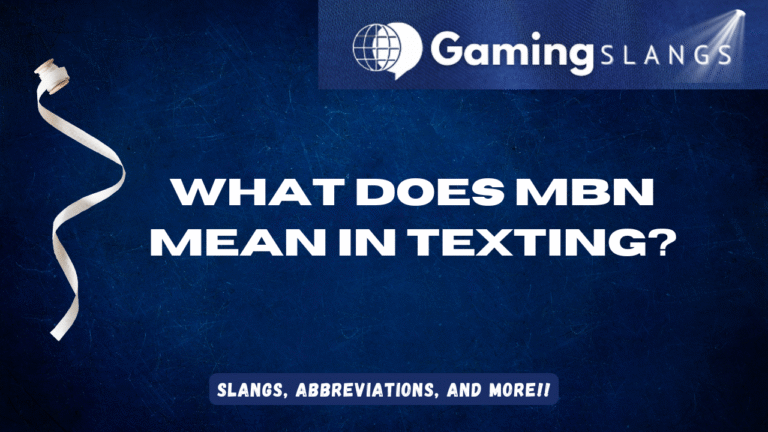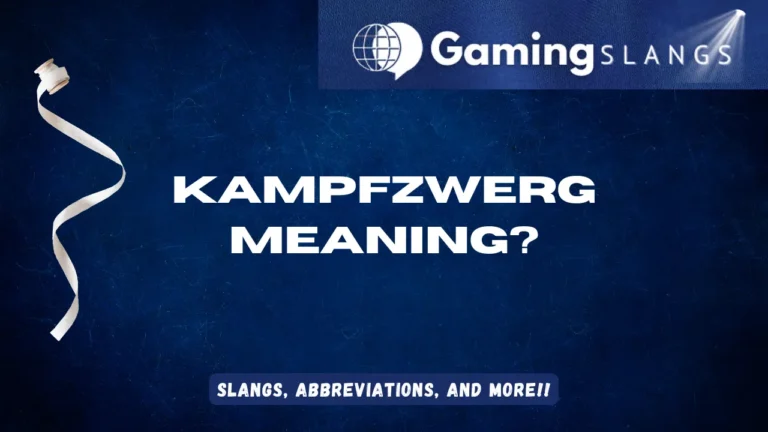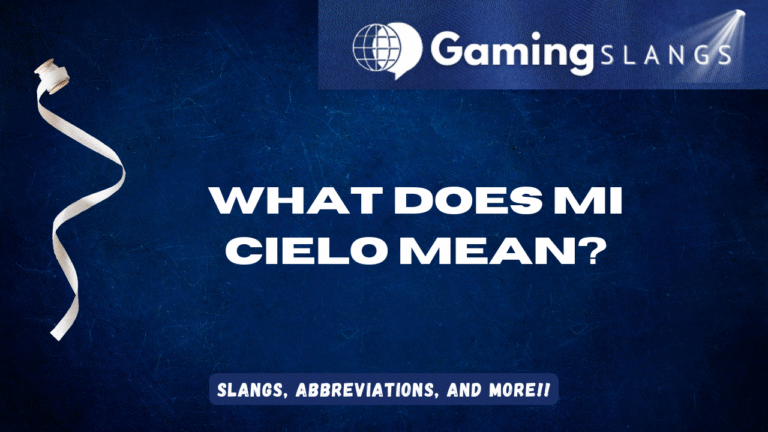“Makaku” is a slang term with multiple meanings depending on the region and context. In some Caribbean and Latin American cultures, it is used as an insult meaning “monkey.”
It’s also used to describe someone as foolish or clumsy. In other settings, it may refer to someone wild or mischievous.
Origins of Makaku
The word “Makaku” is derived from “macaco,” the Portuguese and Spanish word for monkey. It has been used historically in African, Caribbean, and South American cultures as a slang term, sometimes with racial or derogatory undertones. However, in some regions, it is used playfully to describe someone hyperactive or goofy.
How to Use Makaku in a Sentence?
The usage of “Makaku” can vary, from teasing to offensive. Here are some examples:
- “Ese niño es un makaku, no puede quedarse quieto.” (That kid is a little monkey; he can’t stay still.)
- “No seas makaku, deja de hacer tonterías.” (Don’t be foolish, stop messing around.)
- “Me llamaron makaku por trepar los árboles como loco.” (They called me a monkey for climbing trees like crazy.)
- “Ese tipo baila como un makaku.” (That guy dances like a wild monkey.)
- “Oye, no uses ‘makaku’ con gente que pueda ofenderse.” (Hey, don’t use ‘makaku’ with people who might find it offensive.)
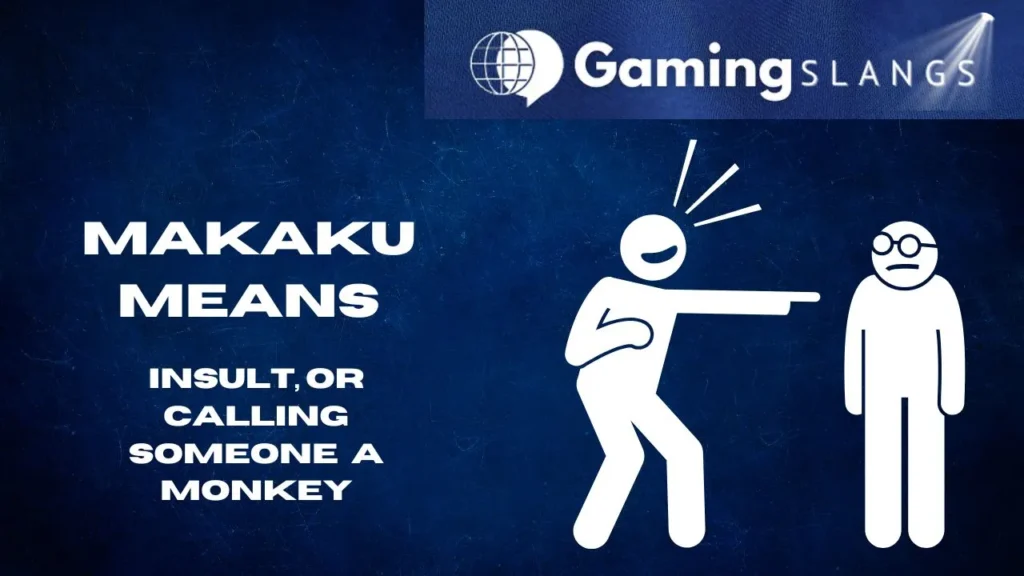
Pronunciation of Makaku
Pronounced as: Mah-kah-koo
Words Similar to Makaku
- Macaco – Portuguese/Spanish for “monkey,” often used as slang.
- Changuito – A playful Spanish word for “little monkey.”
- Loco – Meaning “crazy” or “wild.”
- Brincón – Someone who jumps around a lot.
- Bobo – Spanish for “fool” or “dummy.”

